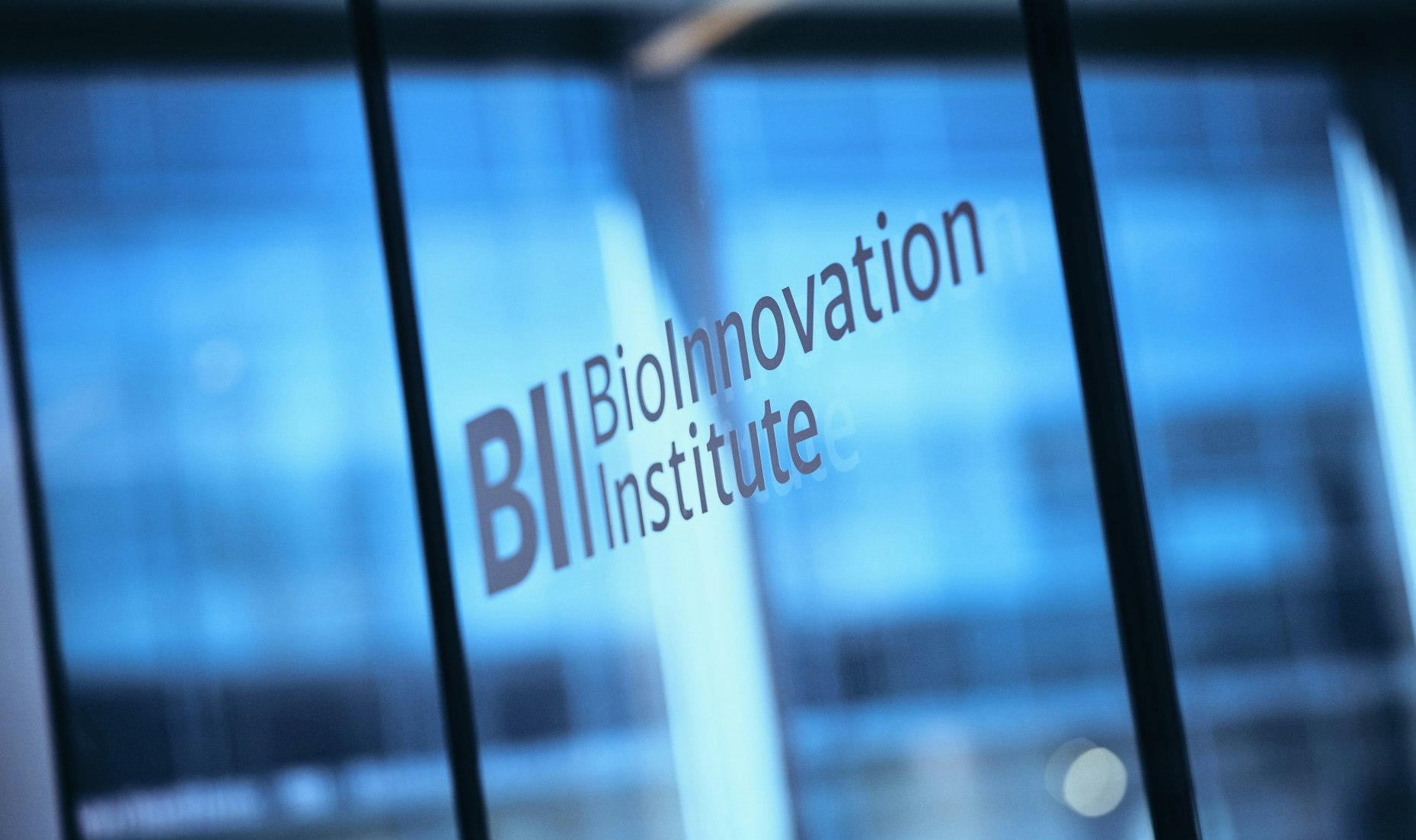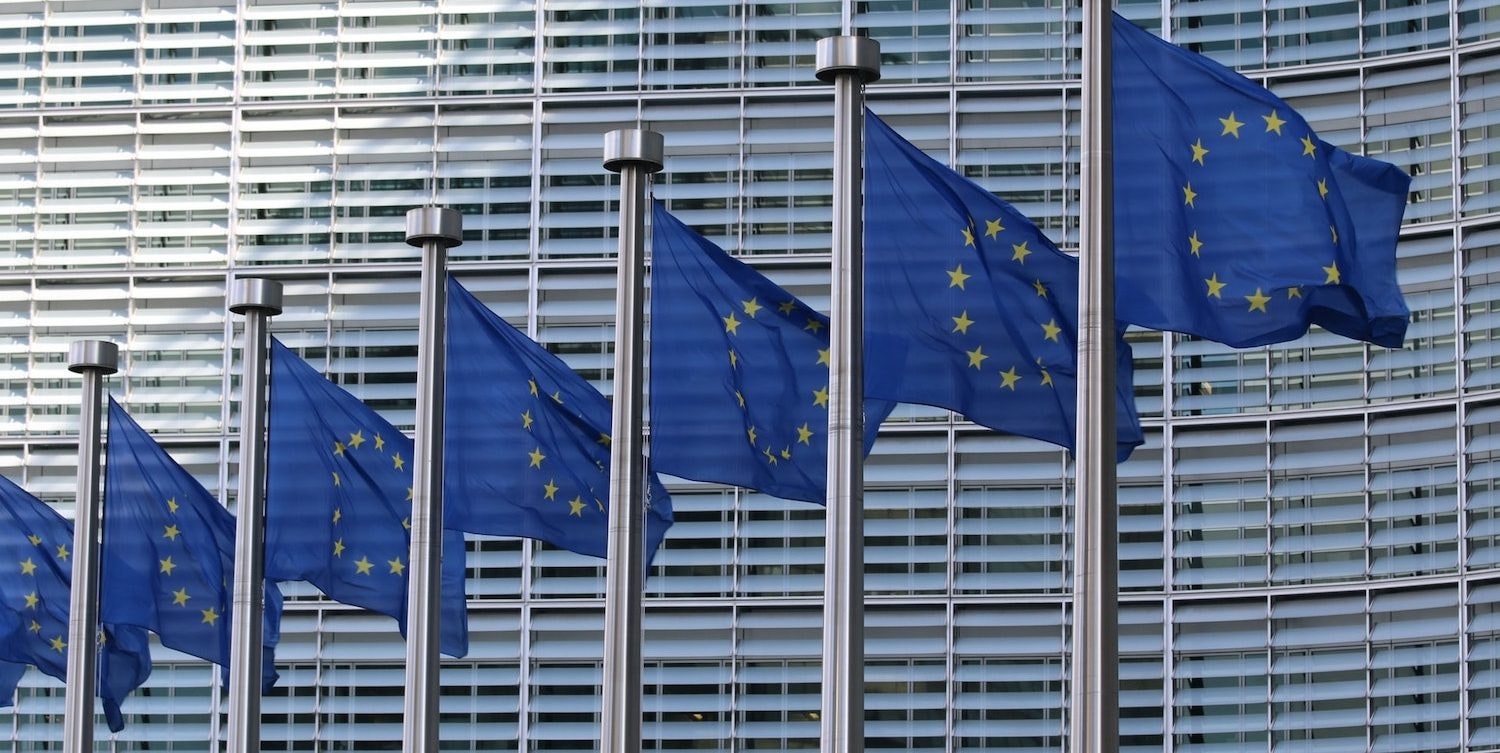The tech meme circuit is full of jabs at Europe. Regulation over innovation, European founders not working as hard as Americans and policymakers putting rules on things that don’t exist yet are the typical lines.
Andreas Klinger, an angel investor and serial entrepreneur, got tired of the moaning and being the butt of jokes from his American colleagues.
So in May, he got together with a group of other founders to launch the eu/acc (European accelerationism) manifesto — a community movement to accelerate progress in Europe “through innovation, technology, and a Europe-positive mindset”.
The eu/acc movement is inspired by the e/acc (“effective accelerationism”) subculture movement — a techno-optimist vision of the world inspired by Marc Andreessen, cofounder of the US VC behemoth Andreessen Horowitz, which encourages faster innovation and deplores anything that might slow down progress. In the UK recently, community builder and investor Entrepreneur First launched a new programme to support technologies that defend against big threats to society — called def/acc, or “defensive acceleration.”
“We need to actually change something”
Klinger’s main goal with eu/acc is to make life for European founders easier, connect people who want to change things in the region and create a buzz around deeptech technologies that Europe could lead on. “Instead of just complaining about Europe and the European Union and just repeating the same memes, we need to actually change something,” he tells Sifted. Since launching the manifesto, he’s built a community of 2,000 people on social app Discord.
For Klinger, the most important thing to solve is the fragmentation in the European market. Since business laws and taxation differ across the 27 EU member countries, he says international investors can be deterred by figuring out regulations around investing in a startup and understanding any potential risks — or they need to pay for very good lawyers.
It’s a problem that’s “ridiculously fundamental”, Klinger says. “The thing is we take this all for granted because we grew up with this like that's just how international business is done, right? But it's not.
“Imagine you're an American founder from Wyoming, you meet a California-based angel, they want to invest in you. It's literally about sending them a Docusign link, they press a button, and they're done,” he says. “In Europe it's like a full ceremony and the ceremony depends on each country. In Germany, you need notaries and 50 other magical dancers, in some other countries you might need to slaughter a goat,” he says, hyperbolically.
Standardisation in Europe
Introducing more standardisation in the EU would make startups more “fundable” for investors from any region — including within Europe, Klinger says.
But while existing processes are complicated due to various laws within EU member states, Klinger suggests a workaround to help founders is to incorporate their companies as an American Delaware Inc. Delaware is the most prevalent jurisdiction for company incorporation in US corporate law, understood and liked by almost all investors.
“That in the long run isn’t good for European countries because the taxes and everything go to the States. But that’s the status quo — right now, the best possible play is if you somehow can get by your local tax authorities and do a Delaware Inc.”
But what he'd prefer — and one that would encourage European startups to remain headquartered in Europe — is to create a new legal entity for European companies that would allow them to operate and scale across all 27 markets with less friction.
Klinger adds that eu/acc is in informal talks with the European Commission about the issue. It also sent a letter to former Italian Prime Minister Mario Draghi (who was president of the European Central Bank between 2011 and 2019) presenting its solutions, but is yet to receive a response. Draghi has been asked to explore Europe’s “competitiveness” by the Commission — which includes improving the European single market.
In a blog post on the topic, Klinger states he gave a talk about European standardisation 15 years ago when starting his first company. And he remains eager to raise awareness among Europe's founders.
“The bigger thing that we can do right now, in the short term, is align the startup ecosystems and make people realise that this is quite frankly ridiculous that it's not easily possible to invest pan-European,” he says.
Europe’s talent drain?
It’s crucial to talk about it now, he says, because otherwise, Europe will lose its best tech talent. He stresses that Europe lost the competition with the US when the Web2 revolution happened — when the biggest Internet giants such as Facebook and Google emerged in the US. It’s about to lose the next generation of founders if things don’t change, he says.
“You could argue this was a little bit because the consumer market in Europe is just not as useful for this kind of technology. But in deeptech, most of your customers are other bigger international companies. There isn't really an excuse anymore, because research around AI, robotics and so on comes from Europe. But then afterwards the researchers go to the States and start a company there.
“It’s normal to hear of European founders who have their eyes on US expansion. We're now at the point where you talk to 20-something people who are thinking about starting a company and they want to move to the States before they [do] because they believe to start a good AI company and a good robotics company, they need to go to the States.
“That's like a downward spiral, that's like a self-fulfilling prophecy where we lose all the best people.”



